When will UK interest rates fall further? Latest Bank of England predictions
Most economists expect the Bank of England to cut interest rates next month at its August meeting. Will we see further cuts later in the year?
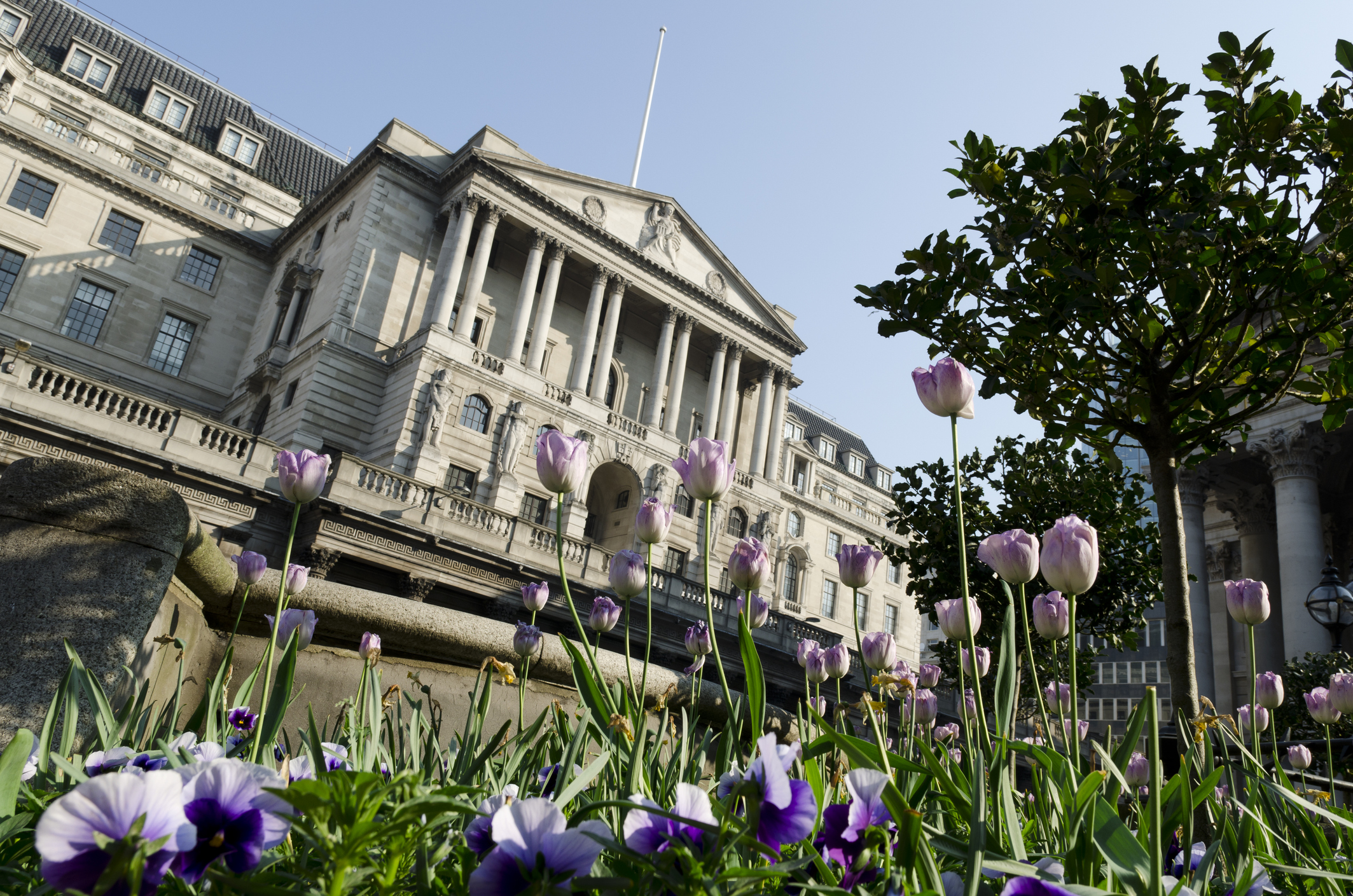

Economists think the Bank of England will cut interest rates to 4% on 7 August, when it announces the outcome of its next Monetary Policy Committee (MPC) meeting.
The economy shrank for the second month in a row in May, according to figures published by the Office for National Statistics (ONS) on 11 July.
The 0.1% monthly GDP drop was largely driven by a manufacturing slump as Donald Trump’s trade war disrupted activity. It follows a 0.3% drop in April, and could put pressure on the MPC to speed up the pace of rate cuts, if economic activity continues to slow.
Subscribe to MoneyWeek
Subscribe to MoneyWeek today and get your first six magazine issues absolutely FREE

Sign up to Money Morning
Don't miss the latest investment and personal finances news, market analysis, plus money-saving tips with our free twice-daily newsletter
Don't miss the latest investment and personal finances news, market analysis, plus money-saving tips with our free twice-daily newsletter
The jobs market has been a big area of focus for the MPC in recent months, having proved fairly resilient. The Bank of England needs it to weaken to help bring inflation down.
In an interview published on 13 July, the Bank’s governor Andrew Bailey told The Times the MPC is ready to make larger cuts to interest rates if the jobs market shows signs of a pronounced slowdown.
Bailey said there was “consistent” evidence of businesses “adjusting employment” after chancellor Rachel Reeves increased business taxes in April this year. Employers now pay higher National Insurance contributions.
When Reeves announced the change last October, experts warned it would result in smaller pay rises, shorter hours and potentially even redundancies as businesses sought to offset higher wage bills.
The latest labour market report showed the unemployment rate increased to 4.6% annually between February and April, the highest level in almost four years. The number of job vacancies dropped by 63,000 over the quarter.
ONS survey data suggests some firms are not recruiting new workers or replacing those who have left as business confidence weakens.
Wage growth slowed to 5.2% annually over the same period, down from 5.6% in the previous report.
The next labour market report will be published on Thursday, 17 July. If the figures are weak, then it will “pile the pressure on the Bank of England to speed up rate cuts”, said James Smith, UK economist at financial institution ING.
The Bank of England has cut interest rates four times since their peak of 5.25%, reducing the base rate by 25 basis points each time. A further 25 basis point cut is expected when the MPC meets on 7 August.
How many further interest rate cuts this year?
ING expects two more interest rate cuts this year, coming in August and November, but further weakening in the UK economy could increase the number of cuts. Traders are also betting on two more in 2025. This would bring the base rate to 3.75%.
Deutsche Bank thinks we will see three more cuts, coming in August, November and December. This would bring the base rate to 3.5%. The investment bank thinks weaker pay data could allow the MPC to speed up the pace of rate cuts in the final quarter of the year.
Research provider Pantheon Macroeconomics is more of an outlier. It is forecasting just one more cut this year, coming in November. Its economists do acknowledge that an August cut looks more likely than it once did, though.
“Headline GDP might be weak enough to push the MPC into cutting interest rates in August, even if payrolls are revised up next week and inflation accelerates. The MPC has given scant pushback to the market pricing a 90% chance of a rate reduction so traders will feel secure,” said Pantheon’s chief UK economist Robert Wood.
“To be clear, our call remains that the MPC skips an August cut and eases in November… But our view looks at odds with the more dovish views of the BoE rate setters and we’ll have to shift our forecast to an August reduction unless the labour market or inflation data proves massively hawkish next week.”
The Bank of England has repeatedly said it will take a “gradual and careful” approach to interest rate cuts, but the MPC was more divided than expected in June, with another member turning dovish.
Dave Ramsden unexpectedly joined Swati Dhingra and Alan Taylor in calling for a faster pace of monetary policy easing, resulting in a 6-3 split. This faction was ultimately outvoted, with rates being held at 4.25% in June as a result.
In a speech on 2 July, Taylor called for three more rate cuts before the end of the year to protect the chances of the economy achieving a “soft landing”. This is when inflation and growth slow without the economy dipping into recession.
Taylor cited “demand weakness” and “trade disruptions” as two key threats to the economic outlook.
What do falling interest rates mean for mortgages?
A drop in interest rates generally translates into cheaper mortgages. The average two-year fixed-rate mortgage deal is currently 5.05%, while the average five-year deal is 5.03% (14 July).
This is significantly cheaper than this time two years ago. At its peak in August 2023, the average two-year rate was 6.85% and the average five-year rate was 6.37%, according to financial information site Moneyfacts.
Despite this, recent drops will bring little comfort to those coming off a relatively cheap five-year deal agreed before rates started rising in 2021. Their monthly repayments are likely to jump when they refinance.
Around 1.6 million fixed-rate deals are due to come to an end in 2025, according to trade association UK Finance.
Those who are about to come off their previous deal will be hoping for further base rate cuts, but it is worth pointing out that mortgage rates don’t always tumble in tandem with the base rate.
Fixed-rate mortgage deals are priced based on swap rates – another kind of financial instrument. These can move up and down based on other factors like inflation, bond yields and growth expectations.
“Accurate forecasting is going to be tricky, so if you are remortgaging, it pays to lock in a rate as soon as possible – a few months before your deal ends,” said Sarah Coles, head of personal finance at Hargreaves Lansdown.
“That way, if rates rise between then and the end of your deal, you have secured a great rate, and if they fall, you can shop around for a better deal elsewhere.”
Just make sure you read the small print carefully to understand the deadlines and any fees you might lose when ditching a deal.
What do falling interest rates mean for savings?
Some of the top savings deals have disappeared over the past 18 months, first in anticipation of base rate cuts and then in response to them. Savings rates are likely to fall further over the coming months.
If you are happy to lock up your cash for a year or so, it could make sense to fix your savings to lock in higher rates for longer.
The top one-year fixed account with no minimum deposit requirement currently offers 4.52%, according to Moneyfacts. You can earn 4.16% in an equivalent ISA.
While some easy-access accounts currently offer higher rates than this, they could drop shortly after you open the account.
See our round-up of the best easy-access rates, one-year savings accounts, regular saver accounts and cash ISAs for the latest deals on cash savings.
Get the latest financial news, insights and expert analysis from our award-winning MoneyWeek team, to help you understand what really matters when it comes to your finances.

Katie has a background in investment writing and is interested in everything to do with personal finance, politics, and investing. She enjoys translating complex topics into easy-to-understand stories to help people make the most of their money.
Katie believes investing shouldn’t be complicated, and that demystifying it can help normal people improve their lives.
Before joining the MoneyWeek team, Katie worked as an investment writer at Invesco, a global asset management firm. She joined the company as a graduate in 2019. While there, she wrote about the global economy, bond markets, alternative investments and UK equities.
Katie loves writing and studied English at the University of Cambridge. Outside of work, she enjoys going to the theatre, reading novels, travelling and trying new restaurants with friends.
-
 Six investment funds for beginners
Six investment funds for beginnersBeginner investors can use funds to start building their portfolio, making it easy to access global trends while managing their risk level. Here’s six funds that beginner investors can consider.
-
 Farming isn't for the faint-hearted – and isn't profitable
Farming isn't for the faint-hearted – and isn't profitableOpinion Farming may look appealing, but turning a profit is extremely hard. No wonder many farmers are attracted to the Sustainable Farming Incentive, says Max King
-
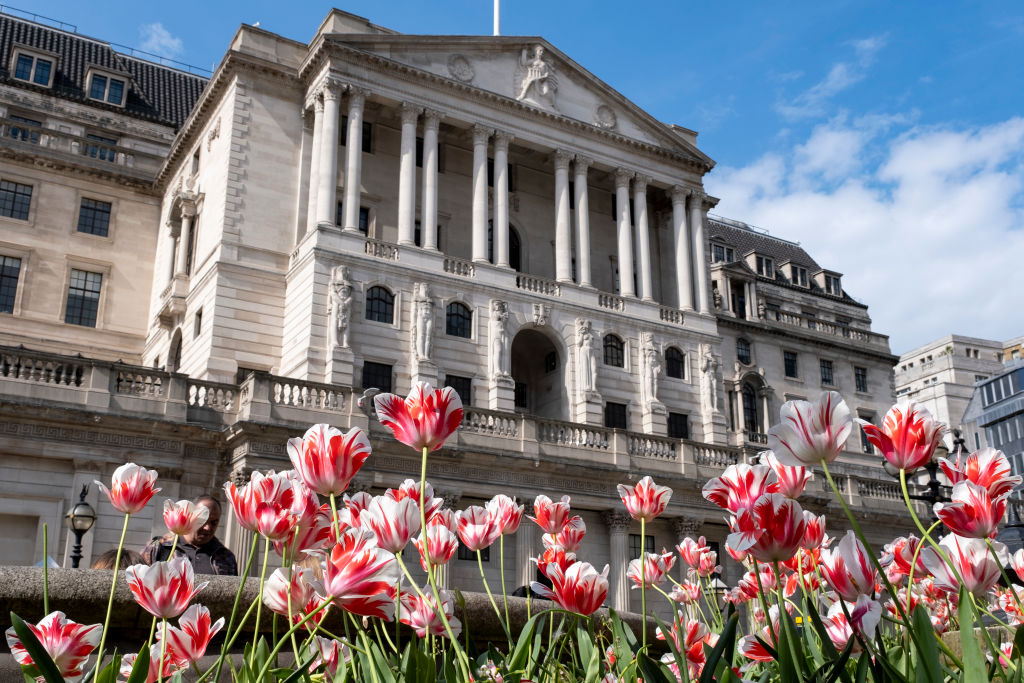 Live: Bank of England holds UK interest rates at 4.5%
Live: Bank of England holds UK interest rates at 4.5%The Bank of England voted to hold UK interest rates at their current level of 4.5% in March, as widely anticipated, after inflation rose to 3% in January
-
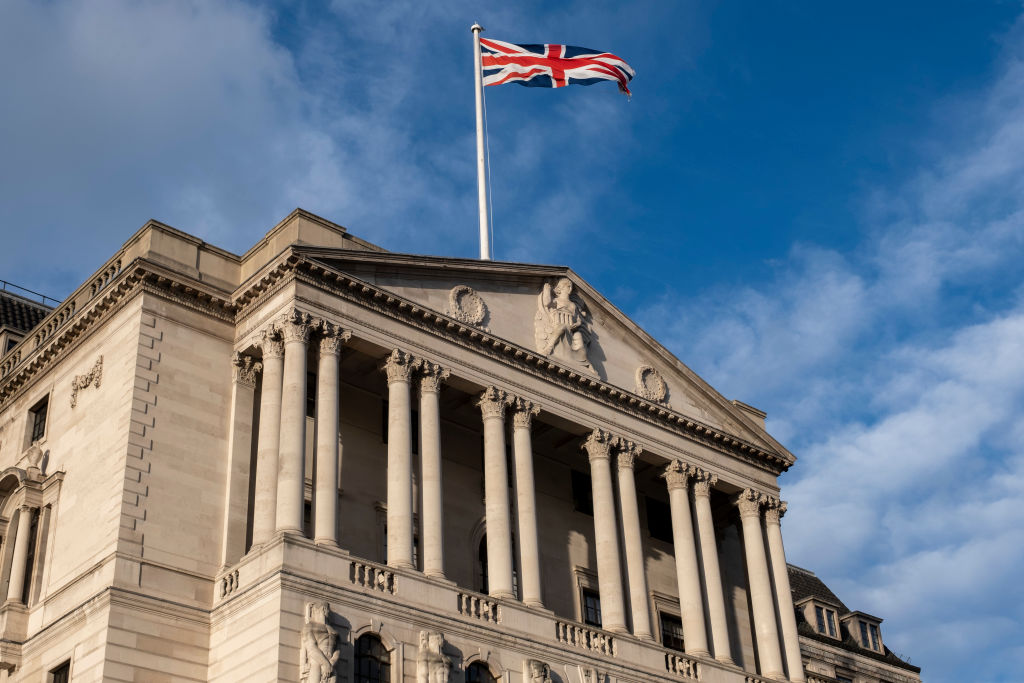 Bank of England cuts interest rates to 4.5%: full updates and analysis
Bank of England cuts interest rates to 4.5%: full updates and analysisThe Bank of England voted to reduce the base rate by 25 basis points at the first MPC meeting of the year on 6 February. Full coverage as it happened from the team at MoneyWeek.
-
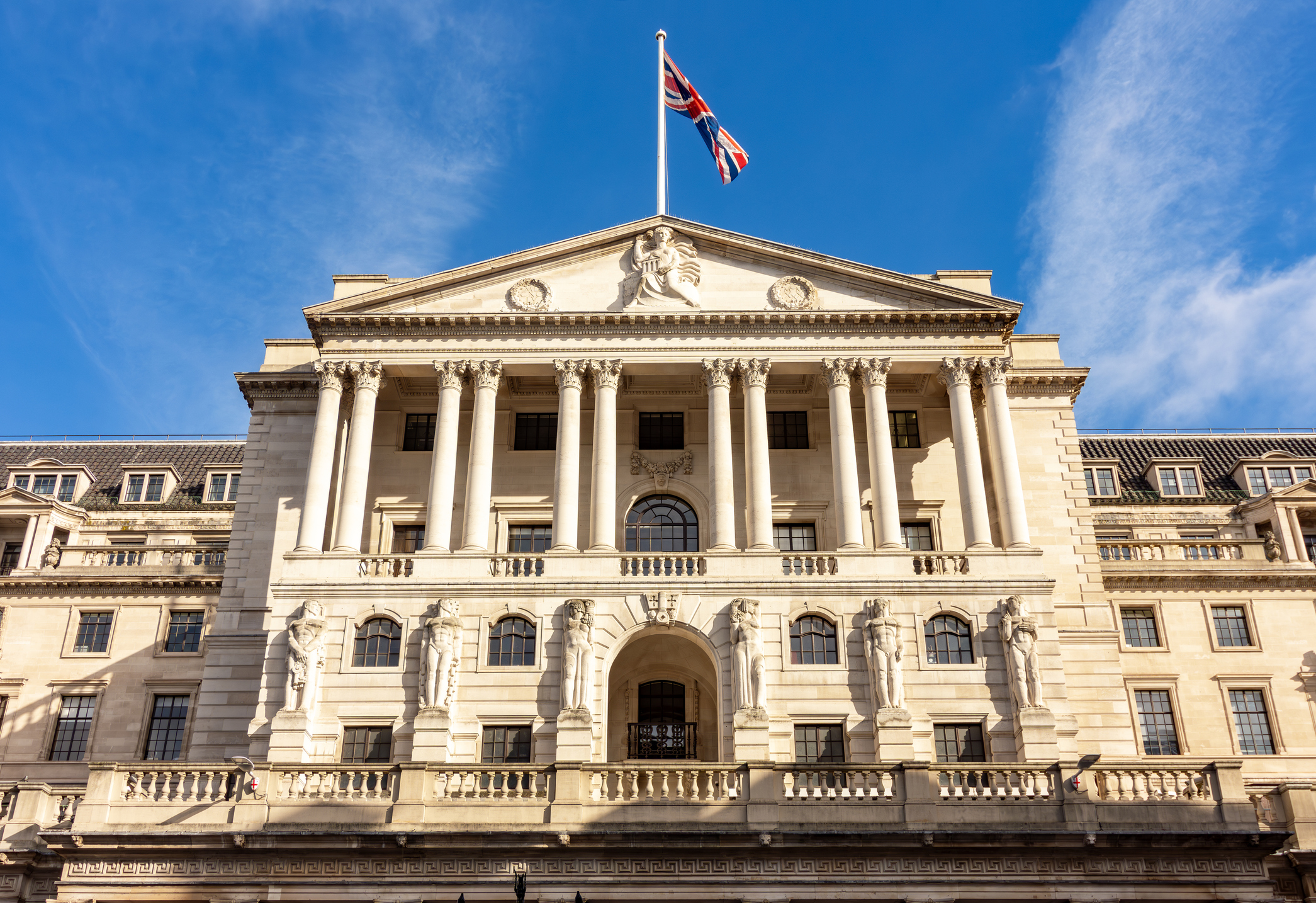 December interest rates: Bank of England keeps rates on hold
December interest rates: Bank of England keeps rates on holdThe Bank of England kept interest rates on hold at 4.75% in the final Monetary Policy Committee meeting of 2024. Full analysis from the MoneyWeek team.
-
 Bank of England cuts interest rates to 4.75% – MPC meeting
Bank of England cuts interest rates to 4.75% – MPC meetingReporting from the Monetary Policy Committee November meeting. Full coverage, as it happened, from the team at MoneyWeek.
-
 Inflation drops below Bank of England target for first time in over three years
Inflation drops below Bank of England target for first time in over three yearsUK inflation slowed to 1.7% in September, boosting the chance of a more aggressive approach to interest rate cuts from the Bank of England
-
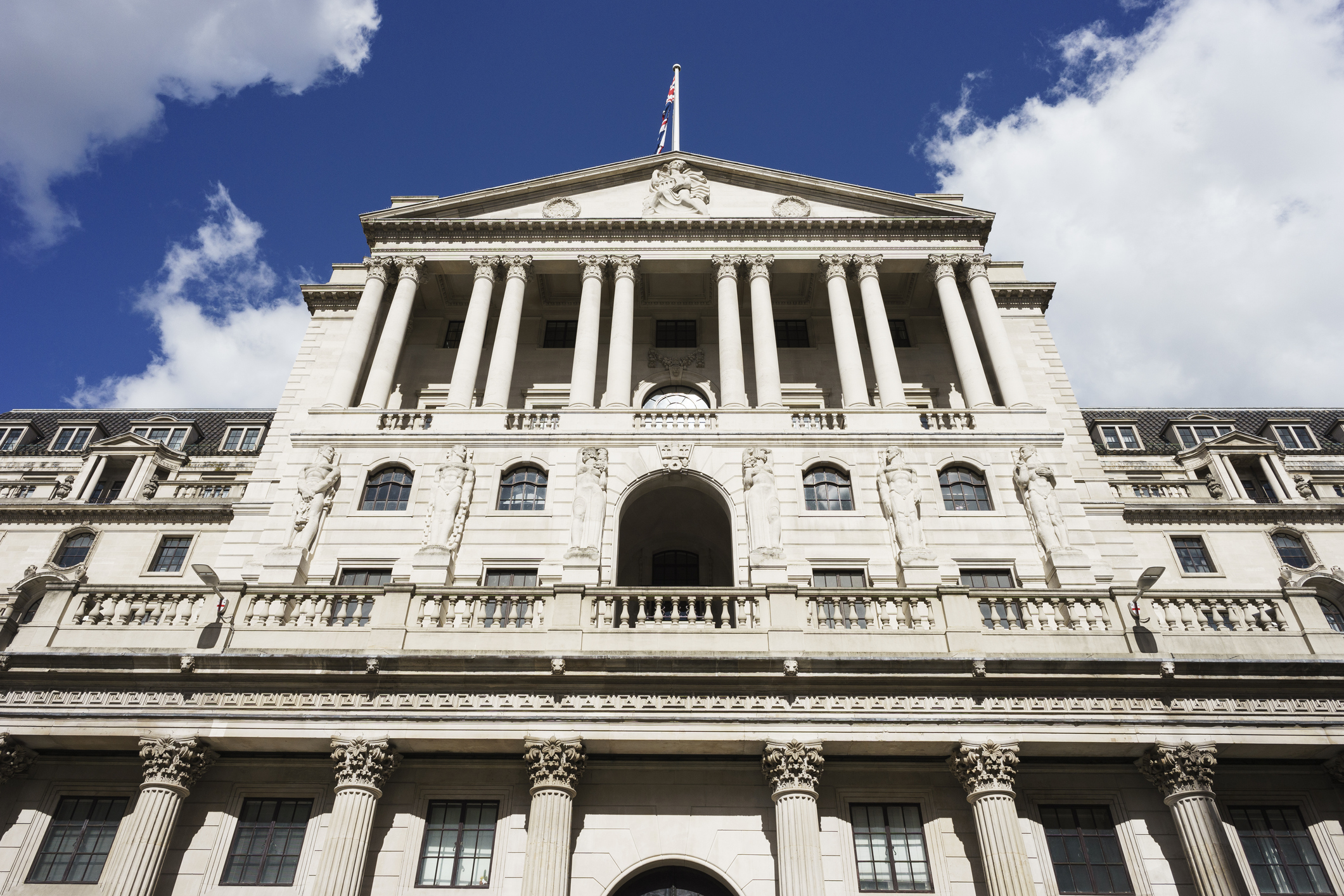 Bank of England holds interest rates at 5%
Bank of England holds interest rates at 5%The decision was widely expected, after the Bank of England warned interest rates would have to “remain restrictive for sufficiently long”
-
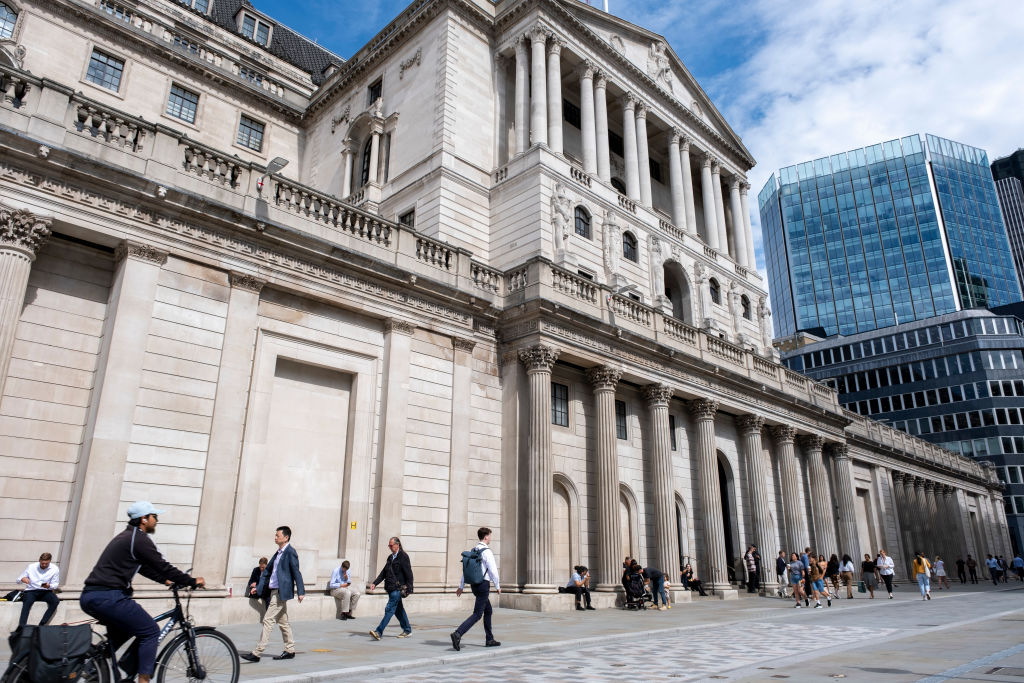 Keeping up with the Bank of England – how rates and inflation impact your finances
Keeping up with the Bank of England – how rates and inflation impact your financesIgnorance is not bliss when it comes to your personal finances. Here’s why you should follow what the Bank of England is up to.
-
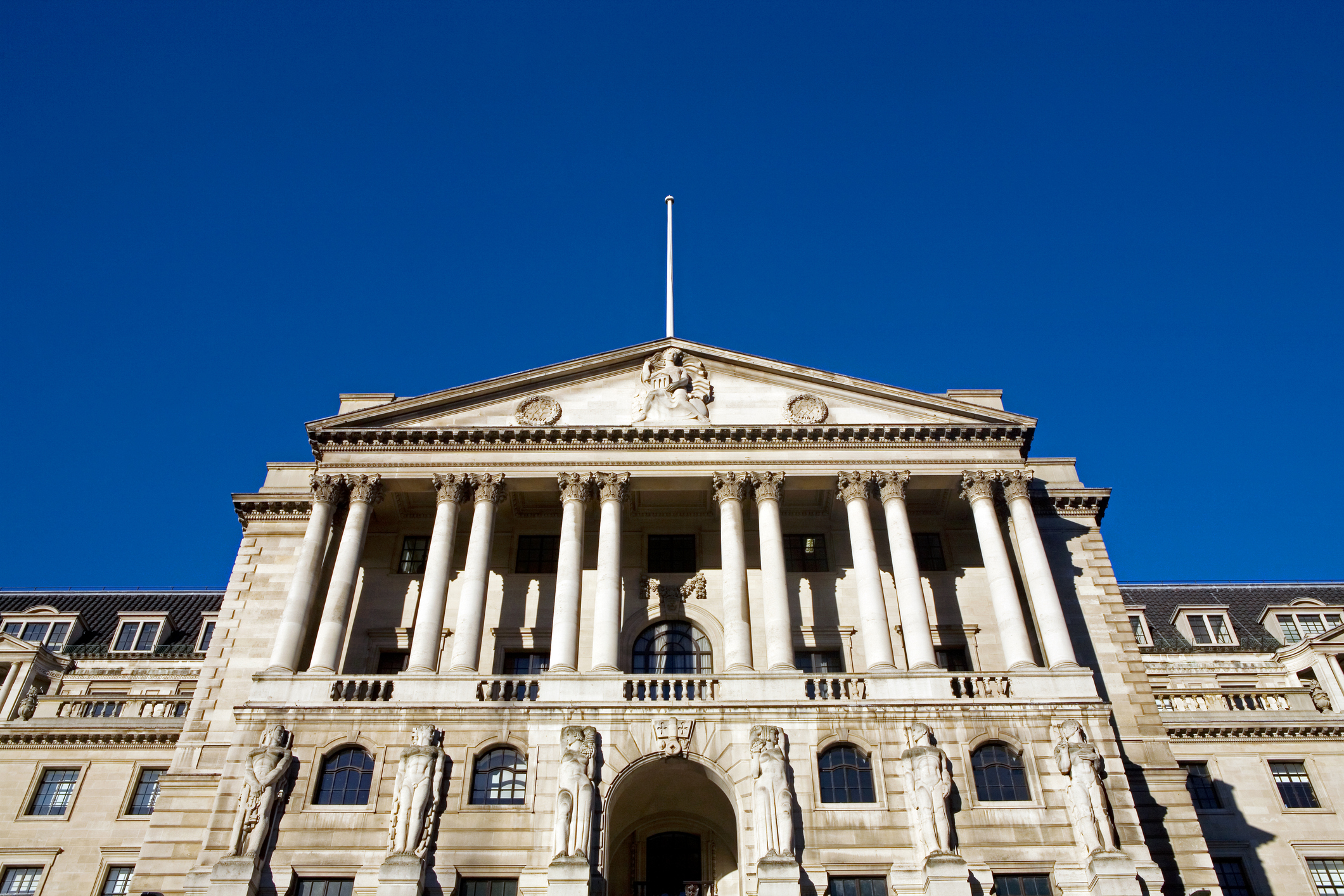 Bank of England cuts interest rates for first time since 2020
Bank of England cuts interest rates for first time since 2020The Bank of England voted to end pain for households and businesses today, cutting interest rates for the first time in over four years